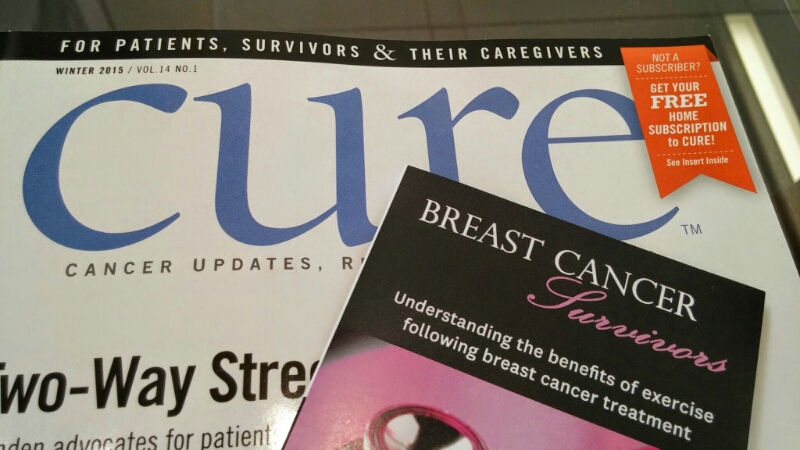I have had several conversations lately that had me thinking about the relationship between actual medicine and the types of supportive care or complimentary therapies people I know have tried, which they are convinced play an important role in prevention or recovery. After watching the first installment of the PBS / Ken Burns produced documentary Cancer: The Emperor of all Maladies, I was in a fairly serious mindset on the subject, too. The history of cancer treatment is decidedly complex, with no shortage of conflicted emotions on how science has progressed — especially over the past 60 or so years — to the point where we are today. Coming out of essentially the Dark Ages, where little was known at all about the mechanisms of cancer cells and the prevailing belief was that all cancers were ostensibly the same, we entered a realm of promise and difficult choices that resonates to this day. And it is this difficulty that dominates so much of public perception that also opens the door toward less effective, but easier paths.
The problem is, on their own, those paths do not lead to the promised land. Easier to travel, they may be. But without the difficult choices, often there is nothing to lift the patient toward the promise.
Yet, there is a third component to this equation, hinted at centuries ago when physicians still believed the body’s ills were determined by the four humors and too much black bile was the likely cause of cancer.
Continue reading Things That Won’t Cure You Might Still Help


